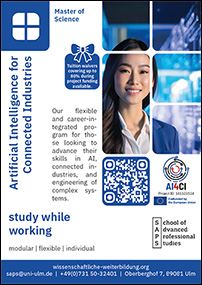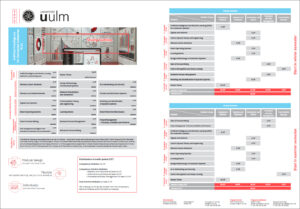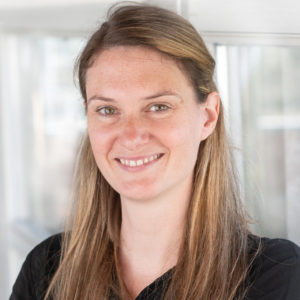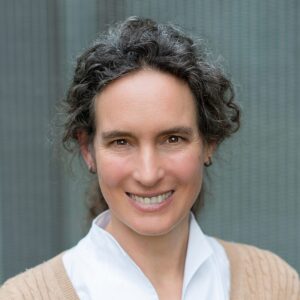(3 LP/ECTS) — Blended Learning mit Präsenzphasen
Vertiefungskurs Mathematik - Differentialgleichungen, Taylorentwicklung und Integraltransformation
Der "Vertiefungskurs Mathematik – Differentialgleichungen, Taylorentwicklung und Integraltransformation" vermittelt den Studierenden vertiefende Kenntnisse zu Differentialgleichungen, Taylorentwicklung und Integraltransformation und soll ihnen dadurch den Einstieg in das berufsbegleitende Studium bzw. den studienbedingten Wechsel von einer Hochschule an eine Universität erleichtern. Nach Abschluss des Kurses haben die Studierenden einen Überblick über die Theorien der Taylorentwicklung und Taylorreihen, der Integraltransformation und der Integralrechnung. Zusätzlich sind die Studierenden nach Abschluss in der Lage, gegebene Differentialgleichungen zu charakterisieren und in Spezialfällen deren Lösung zu berechnen. Auf Basis dieses Einführungsmoduls sind die Teilnehmer/Innen in der Lage weiterführende, mathematisch orientierte Veranstaltungen zu besuchen.Zeitplan
Woche 1: 04.05. - 10.05.2026- Taylorentwicklung und Taylorreihen
- Integralrechnung
- Online-Seminar zu Übungsblatt "Taylorentwicklung & Taylorreihen"
- Integraltransformation
- Online-Seminar zu Übungsblatt "Integralrechnung"
- Gewöhnliche Differentialgleichungen
- Online-Seminar zu Übungsblatt "Integraltransformationen"
- Online-Seminar zu Übungsblatt "Gewöhnliche Differentialgleichungen"






